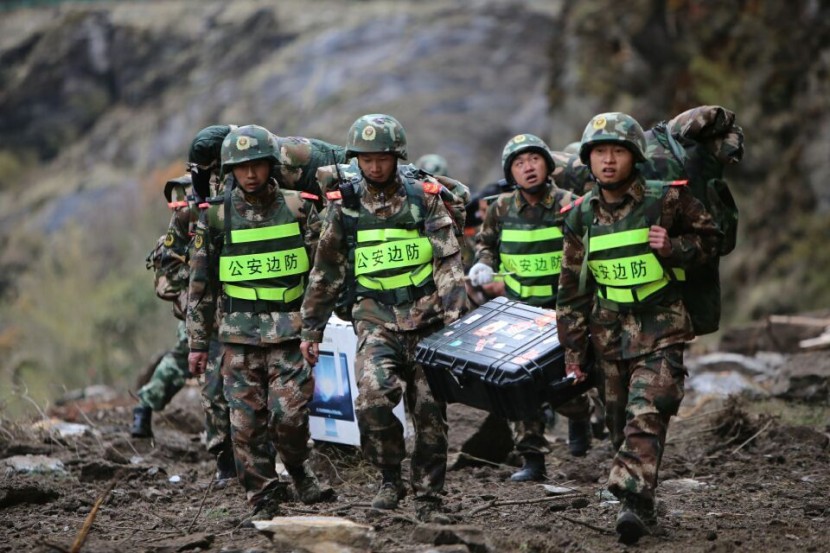
The death toll after a powerful 7.1-magnitude earthquake struck a remote region of Tibet on Tuesday morning, has reached at least 95 people. The tremors were felt across the Himalayas, including Nepal, Bhutan, and parts of northern India.
The quake hit at 9:05 a.m. local time, with a depth of 6.2 miles, followed by several aftershocks, according to the United States Geological Survey (USGS).
The earthquake caused widespread damage, toppling houses in remote Himalayan villages, affecting a Tibetan holy city, and shaking visitors at a Mount Everest base camp.
The earthquake's epicenter was located in Tingri county, high on the Tibetan plateau, near the Nepal border, about 50 miles north of Mount Everest.
Local authorities reported at least 130 injuries, with more than 1,000 houses damaged in Tingri county, according to state news agency Xinhua. The earthquake continues to affect the region, with ongoing efforts to assess the full extent of the damage.
Tibet's spiritual leader, the Dalai Lama, expressed deep sadness on Tuesday, offering prayers for those who lost their lives in the devastating earthquake that struck China's remote Himalayan region.
"I am deeply saddened to learn of the devastating earthquake... It has caused the tragic loss of many lives, numerous injuries, and extensive destruction to homes and property," the exiled leader said in a statement.
"I offer my prayers for those who have lost their lives and extend my wishes for a swift recovery to all who have been injured."
At 23, the Dalai Lama fled the Tibetan capital of Lhasa in 1959, fearing for his life after Chinese forces crushed an uprising. He crossed the snowy Himalayas into India and has never returned. Now 89, the Dalai Lama stepped down as Tibet's political leader in 2011, transferring secular power to a government elected democratically by around 130,000 Tibetans worldwide.
Tibetan Buddhists believe the Dalai Lama is the 14th reincarnation of a lineage that has existed for over six centuries, with each leader chosen by monks following ancient Buddhist traditions.








